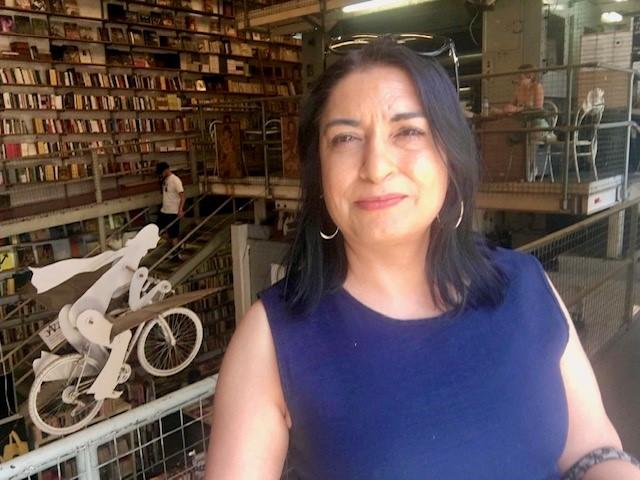
Building stronger support systems for black and minority ethnic unpaid carers
Research funded by Health and Care Research Wales has shown that Black and Minority Ethnic (BME) families caring for children with life-limiting conditions face barriers accessing formal services, due to incorrect assumptions made by health and care professionals.
Dr Wahida Kent, Senior Lecturer in Social Work at Swansea University, carried out a study to better understand the lived experiences and needs of carers caring for Black and Minority Ethnic children with life-limiting conditions, and explored the beliefs and experiences about these families from professionals working with them in a bid to build stronger support systems.
According to the 2021 census, nearly 18,000 unpaid carers in Wales are reported to be from a Black, Asian or Minority Ethnic Community.
Dr Kent said: “When I looked at the academic literature, there was a lack of a voice from this group of families. My research aimed to address the gap through interviews with parents from Black and Minority Ethnic families with children who have life-limiting conditions, and also the professionals working with those families.
“My research showed that the families of Black and Minority Ethnic children with life-limiting conditions overall found it helpful in accessing formal support and that they were able to build strong relationships with the practitioners.
However, the assumptions of practitioners around the needs of Black and Minority Ethnic families were that they were well supported by religious organisations, the Black and Minority Ethnic communities, and multigenerational households of families. All of these assumptions created a barrier for the families to access formal services.”
Dr Kent said she is trying to build up capacity for health and care organisations and professionals and hopes to make some impact on policy. This is being approached through working with health and social care agencies to provide anti-discriminatory and anti-racist training and development, as well as working closely with organisations representing and supporting unpaid carers.
She spoke of working with health and social care organisations to help identify barriers professionals are facing to access training, and inform their practice with racially minoritised groups and develop relevant resources.
She added: “I am co-developing training resources with parent carers from Black and Minority Ethnic families, and hope to deliver the training for children's hospices and other organisations.
In 2022, Dr Kent worked as part of a University of South Wales team commissioned by Welsh Government to produce guidance for social workers working with parents with learning disabilities.
“I feel passionately about my research and the trust that I have gained from Black and Minority Ethnic families to develop better services for their unpaid carers. I think it's a lifelong mission.”